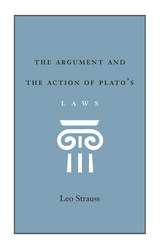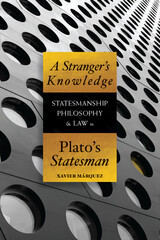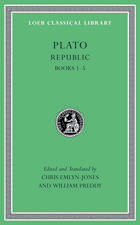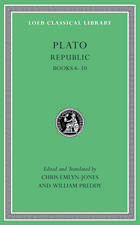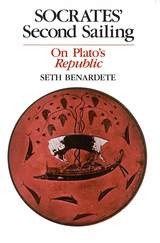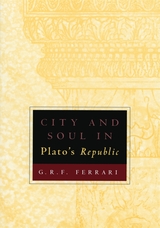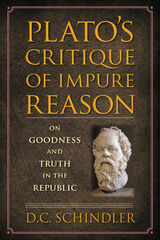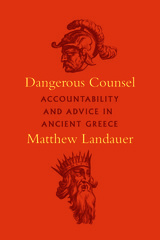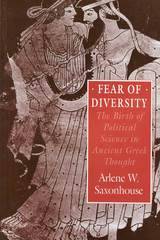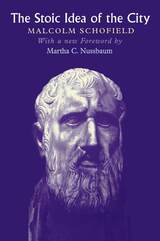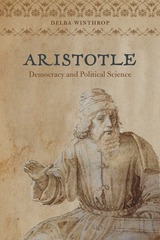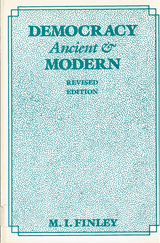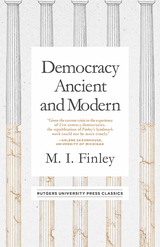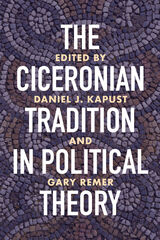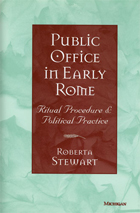Cloth: 978-0-674-36232-1
Library of Congress Classification JC73.M3913 1990
Dewey Decimal Classification 320.938
Why the Greeks? How did it happen that these people—out of all Mediterranean societies—developed democratic systems of government? The outstanding German historian of the ancient world, Christian Meier, reconstructs the process of political thinking in Greek culture that led to democracy. He demonstrates that the civic identity of the Athenians was a direct precondition for the practical reality of this form of government.
Meier shows how the structure of Greek communal life gave individuals a civic role and discusses a crucial reform that institutionalized the idea of equality before the law. In Greek drama—specifically Aeschylus' Oresteia—he finds reflections of the ascendancy of civil law and of a politicizing of life in the city-state. He examines the role of the leader as well as citizen participation in Athenian democracy and describes an ancient equivalent of the idea of social progress. He also contrasts the fifth-century Greek political world with today's world, drawing revealing comparisons.
The Greek Discovery of Politics is important reading for ancient historians, classicists, political scientists, and anyone interested in the history of political thought or in the culture of ancient Greece.
See other books on: Greece | McLintock, David | Meier, Christian | Political science | To 146 B.C
See other titles from Harvard University Press

